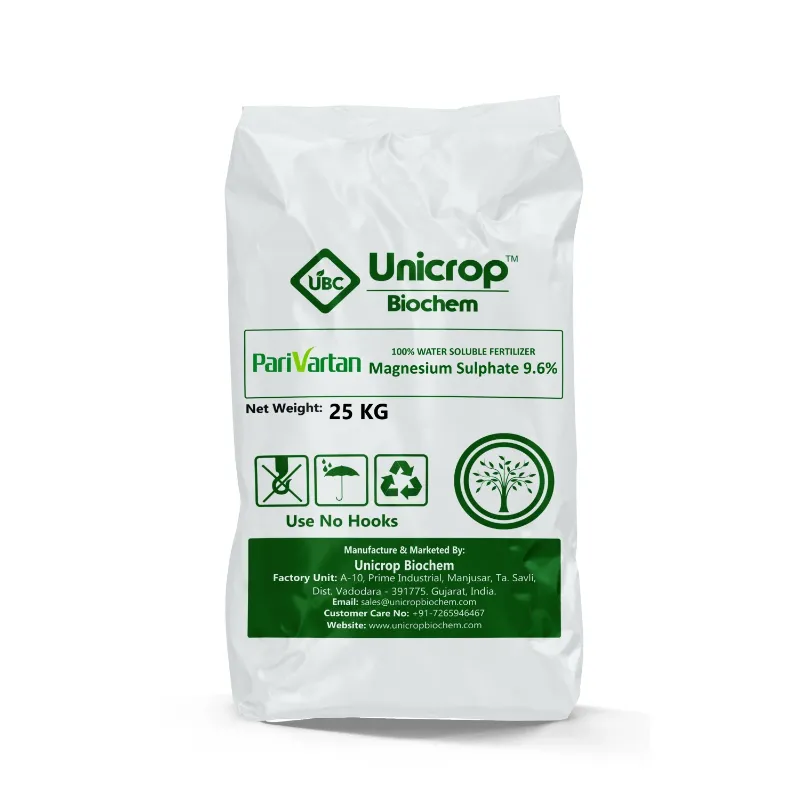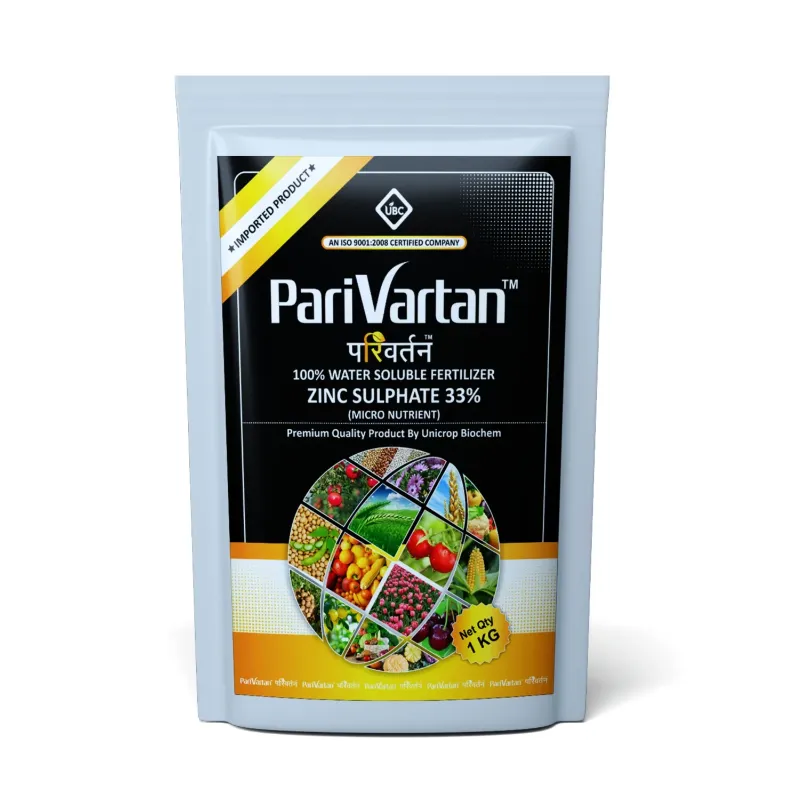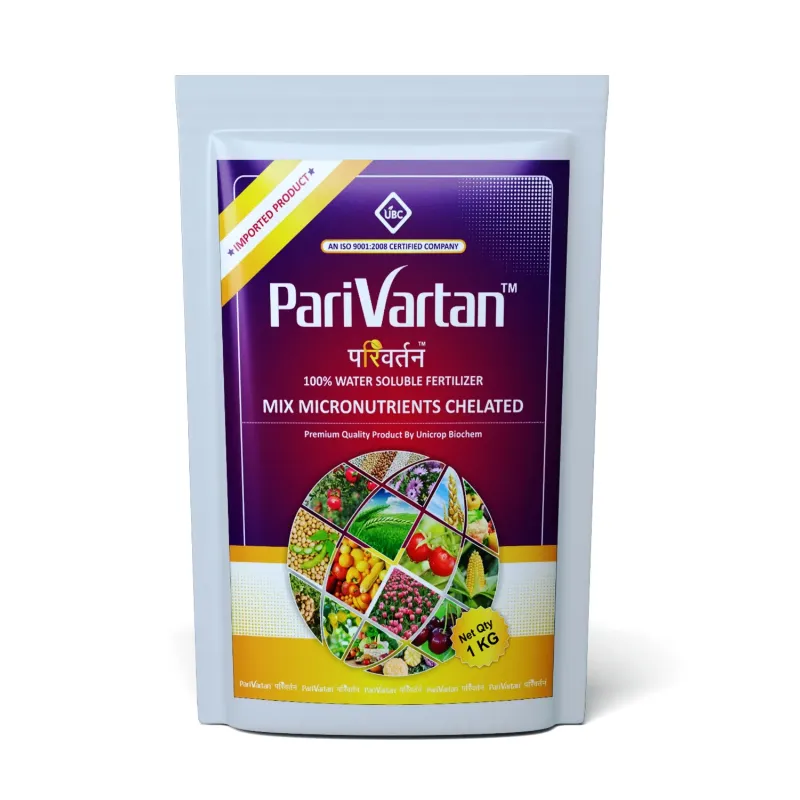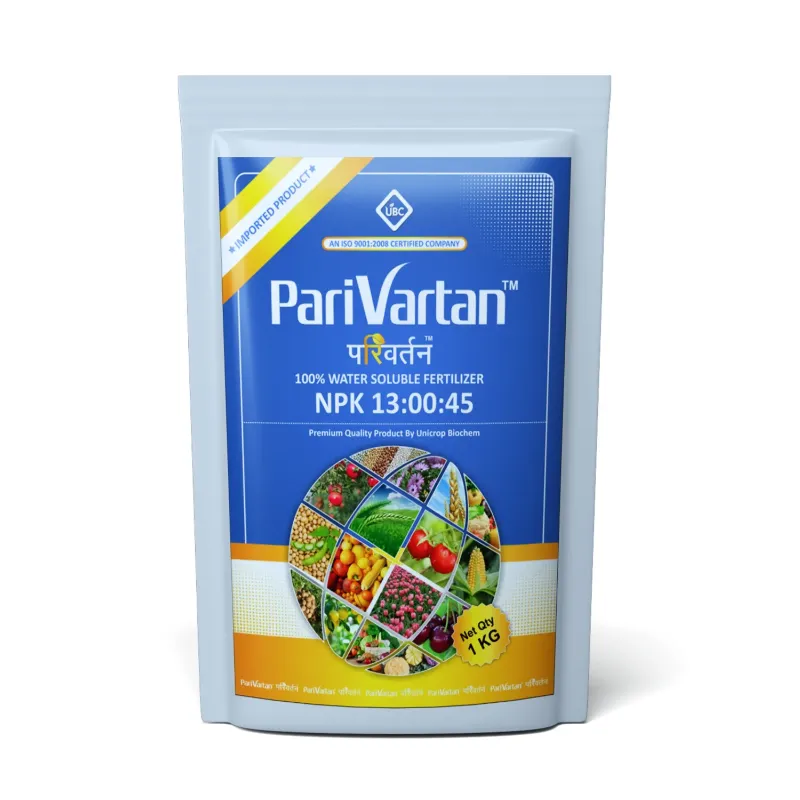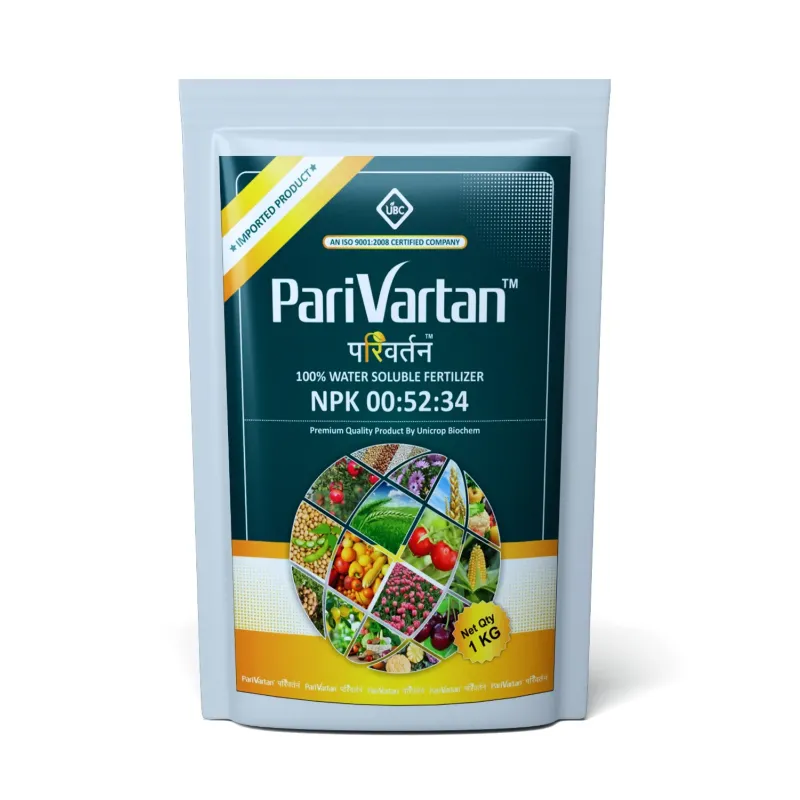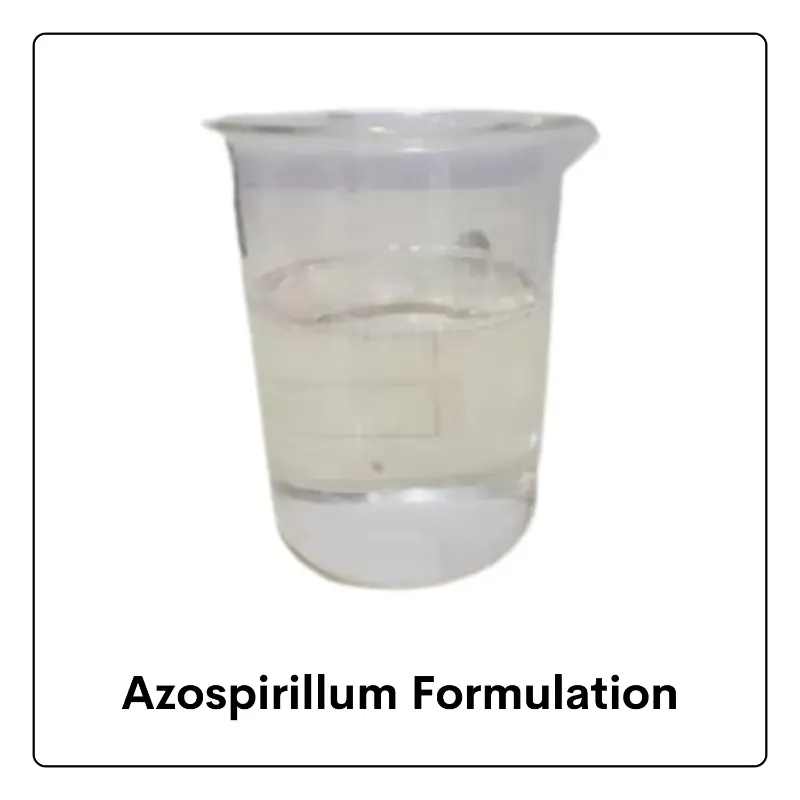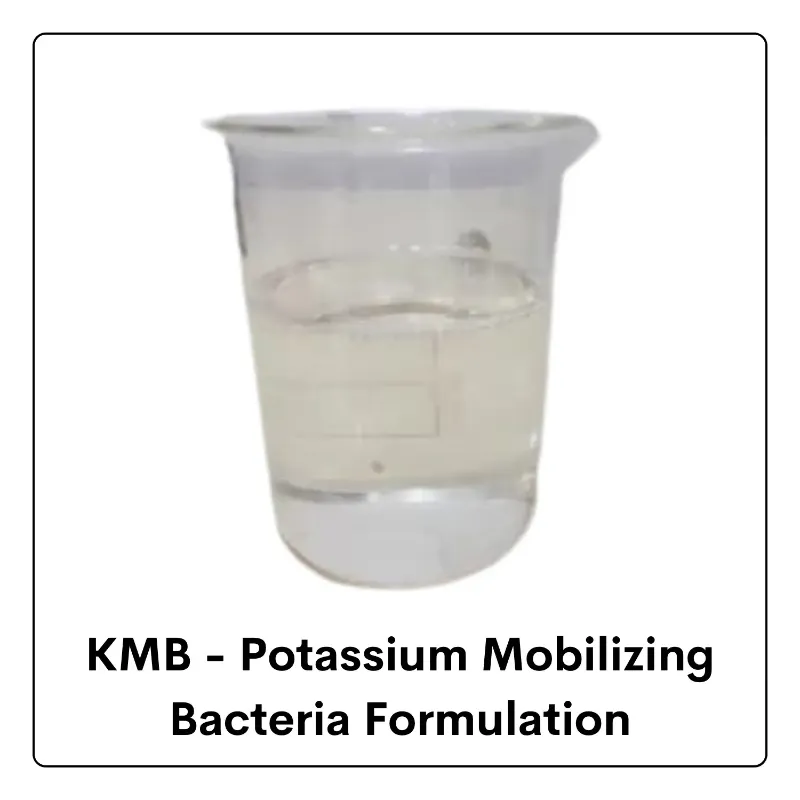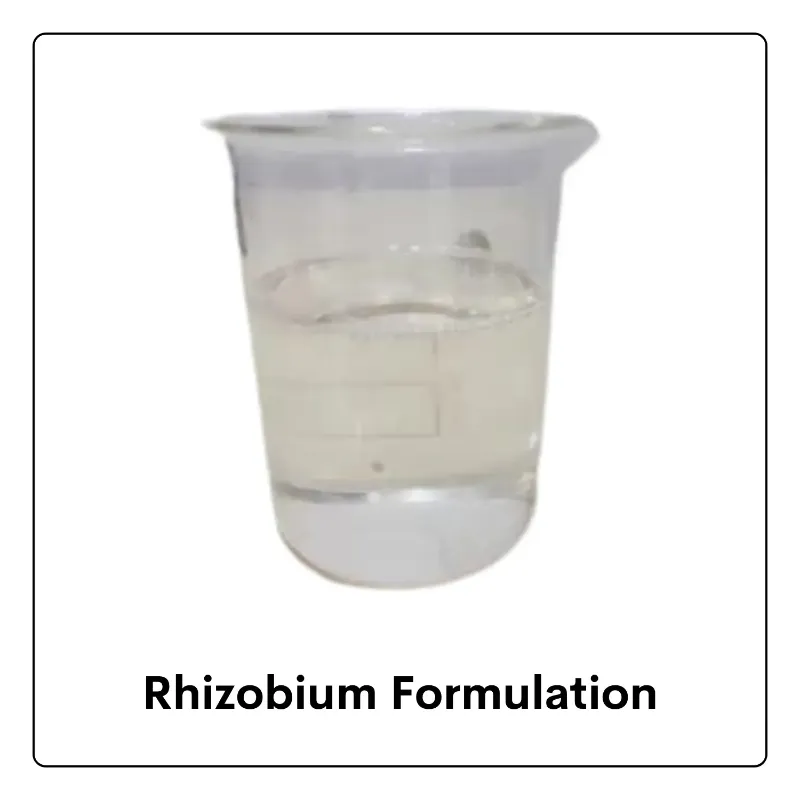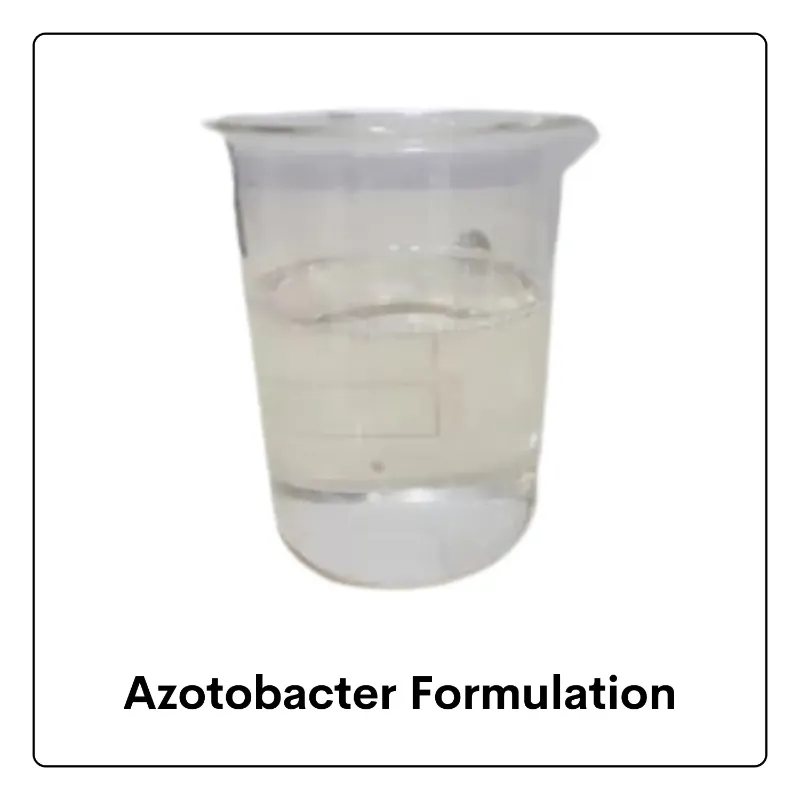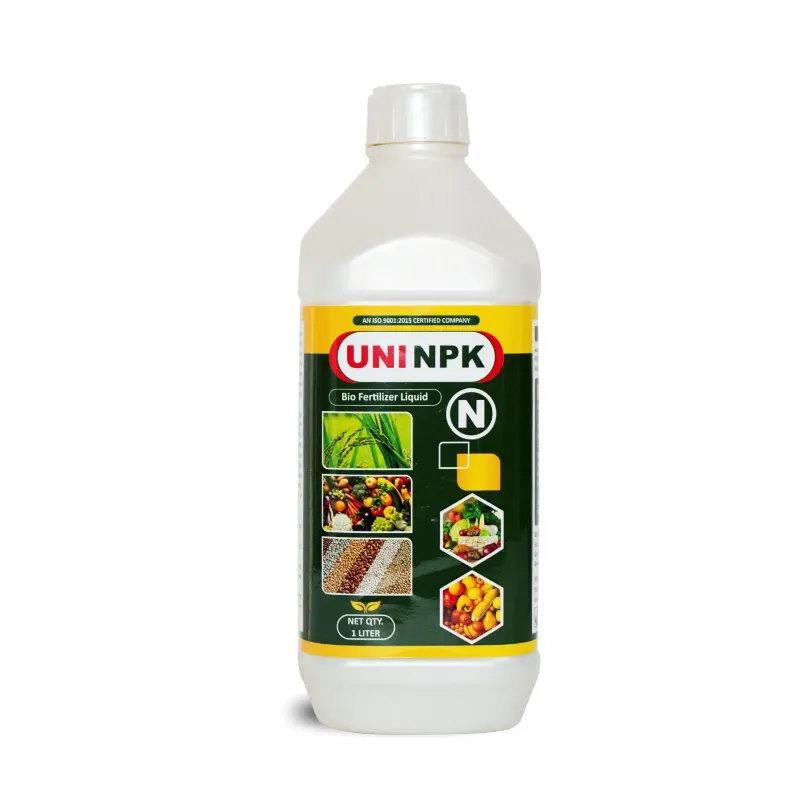Introduction:
Nitrogen, phosphorus, and potassium, often referred to as NPK, are essential nutrients for plant growth and development. Each of these elements plays a unique and crucial role in ensuring the health and vitality of plants. Understanding their functions in plant nutrition is fundamental for optimizing crop yields and maintaining soil fertility.
Role of Nitrogen in Plant Nutrition:
- Chlorophyll Synthesis: Nitrogen is a vital component of chlorophyll, the pigment responsible for photosynthesis. It plays a crucial role in capturing sunlight and converting it into chemical energy, which fuels plant growth and metabolism.
- Protein Formation: Nitrogen is a building block of proteins, enzymes, and other essential molecules within plants. It is involved in various metabolic processes, including protein synthesis, DNA replication, and cell division, which are essential for plant growth, development, and reproduction.
- Vegetative Growth: Adequate nitrogen supply promotes vigorous vegetative growth, including leaf expansion, stem elongation, and branching. It ensures that plants have sufficient biomass to support metabolic activities and reproductive processes, ultimately contributing to higher yields.
- Nutrient Transport: Nitrogen facilitates the uptake and translocation of other nutrients within plants. It plays a crucial role in maintaining osmotic balance, pH regulation, and ion exchange processes in roots, allowing for efficient nutrient absorption and utilization by plant tissues.
Role of Phosphorus in Plant Nutrition:
- Energy Transfer: Phosphorus is a key component of adenosine triphosphate (ATP), the primary energy currency of cells. It participates in energy transfer reactions, facilitating the conversion of chemical energy into metabolic processes essential for plant growth, such as photosynthesis, respiration, and nutrient uptake.
- Root Development: Phosphorus is essential for root growth, development, and function. It promotes root elongation, branching, and proliferation, allowing plants to explore a larger volume of soil for water and nutrients. Strong, healthy root systems enhance plant anchorage, drought tolerance, and nutrient acquisition efficiency.
- Reproductive Growth: Phosphorus is critical for flower formation, pollination, and fruit development. It is involved in DNA synthesis, cell division, and hormone regulation processes required for reproductive organ differentiation and function. Adequate phosphorus levels ensure optimal flower production, fruit set, and seed formation, ultimately contributing to higher yields and seed quality.
- Metabolic Regulation: Phosphorus participates in numerous metabolic pathways within plants, including carbohydrate metabolism, nucleic acid synthesis, and enzyme activation. It regulates enzyme activity, signal transduction, and gene expression, influencing various physiological processes essential for plant growth, development, and stress response.
Role of Potassium in Plant Nutrition:
- Osmotic Regulation: Potassium plays a crucial role in regulating osmotic balance and water potential within plant cells. It facilitates water uptake by roots, maintains turgor pressure in cells, and regulates stomatal opening and closure, thereby influencing water relations, nutrient transport, and gas exchange processes in plants.
- Enzyme Activation: Potassium activates numerous enzymes involved in carbohydrate metabolism, protein synthesis, and photosynthetic carbon fixation. It enhances enzyme activity, facilitating metabolic reactions required for energy production, nutrient assimilation, and stress tolerance in plants.
- Stress Tolerance: Potassium enhances plant tolerance to various environmental stresses, including drought, salinity, and temperature extremes. It improves plant resilience by regulating stomatal conductance, osmotic adjustment, and antioxidant defense mechanisms, thereby reducing the adverse effects of stress on plant growth and productivity.
- Ion Uptake: Potassium competes with other cations for uptake by plant roots, influencing nutrient uptake and transport processes. It enhances the uptake of essential nutrients such as nitrogen, phosphorus, and magnesium, while minimizing the uptake of potentially harmful ions such as sodium and aluminum. Balanced potassium nutrition ensures optimal nutrient uptake and utilization by plants, promoting overall growth, development, and yield.
Conclusion:
In conclusion, nitrogen, phosphorus, and potassium are essential nutrients for plant nutrition, each playing a unique and indispensable role in supporting plant growth, development, and productivity. Understanding the functions of these nutrients is crucial for optimizing fertilizer management practices, maintaining soil fertility, and maximizing crop yields. By providing balanced nutrition through NPK fertilizers and adopting sustainable agricultural practices, farmers can ensure the health, vitality, and resilience of their crops, contributing to food security and environmental sustainability on a global scale.
